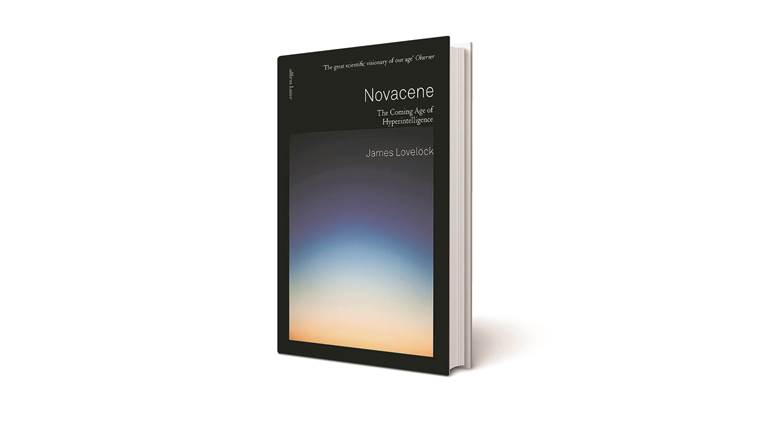By Express News Service |Updated: July 1, 2019 4:18:35 am
Tip for Reading List: Will AI partner with humans?
Lovelock argues that the anthropocene — the age in which humans acquired planetary-scale technologies — is coming to an end after 300 years. Lovelock describes the new age, which has already begun, as the “novacene”.

James Lovelock, chemist and environmental thinker, is best known for formulating the Gaia hypothesis, also known as Gaia theory or Gaia principle, which proposes that all organisms and their inorganic surroundings on Earth are closely integrated to form a single and self-regulating complex system, maintaining the conditions for life on the planet. Lovelock, who turns 100 on July, has now come up with a new theory about life on Earth — or its future. He argues that the anthropocene — the age in which humans acquired planetary-scale technologies — is coming to an end after 300 years. Lovelock describes the new age, which has already begun, as the “novacene”.










.png)











No hay comentarios:
Publicar un comentario